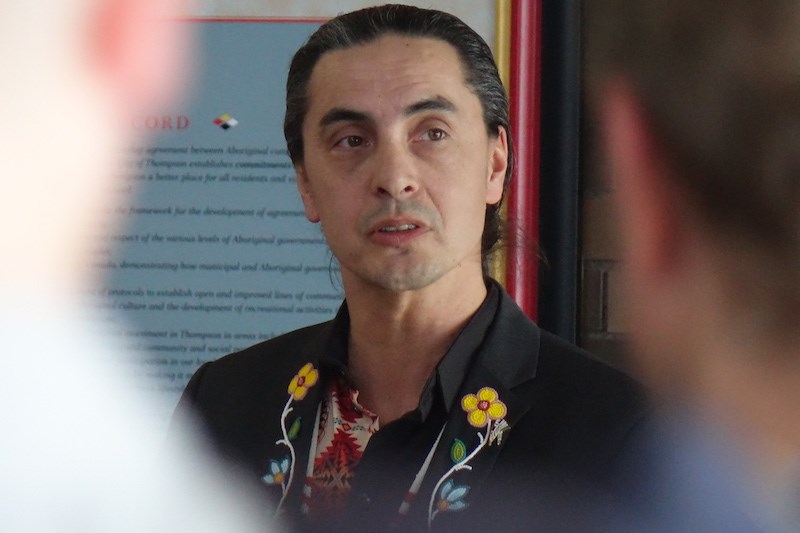The organization that represents Manitoba First Nations say a Northern Manitoba MP’s call for military support to help Indigenous communities in the region navigate COVID-19’s fourth wave is more about political grandstanding than finding real solutions.
The Assembly of Manitoba Chiefs (AMC), which represents 62 of Manitoba’s 63 First Nations, said in a Jan. 9 press release that Churchill-Keewatinook Aski NDP MP Niki Ashton’s call for military support to First Nations in her riding was made for “political optics.”
“Ashton did not reach out to First Nation leadership before sensationalizing the issue of hospital closures and need for emergency staffing.,” said AMC Grand Chief Arlen Dumas. “She did not make calls to leadership asking what supports they require that would enable them to address the crisis with community-based solutions.”
Ashton said in Jan. 7 news release that she had asked the federal ministers of Indigenous service and of defence to provide military support for First Nations in her riding that are trying to prevent the spread of COVID-19, saying that the high transmissibility of the omicron variant and the lack of health care capacity makes it difficult for First Nations to cope when frontline health care workers can’t report to work because they are infected or were in close contact with someone who was.
“It has been made abundantly clear that First Nations are particularly vulnerable to the spread of COVID-19. Our region has gone above and beyond to stay safe but more people are getting sick and we need the federal government to respond to the current urgent needs of communities,” said Ashton. “Remote and isolated communities like Manto Sipi Cree Nation require particular support. This includes bringing the military back to ensure communities are able to function and limit the spread of COVID-19. Lives are on the line."
Dumas says what Manitoba First Nations really need is long-term investment and solutions that are First Nations-driven.
“We remain very concerned how the long-standing inequalities and insufficient investments in health infrastructure and staffing have positioned First Nations to deal with yet another pandemic that put First Nations at a higher risk for more severe outbreaks and outcomes,” Dumas said. “We need immediate partnerships, planning and resources to ensure health services and access to critical infrastructure remain available. Calling in Canadian Armed Forces is a stop gap solution that does not take into consideration what First Nations need and want.”




